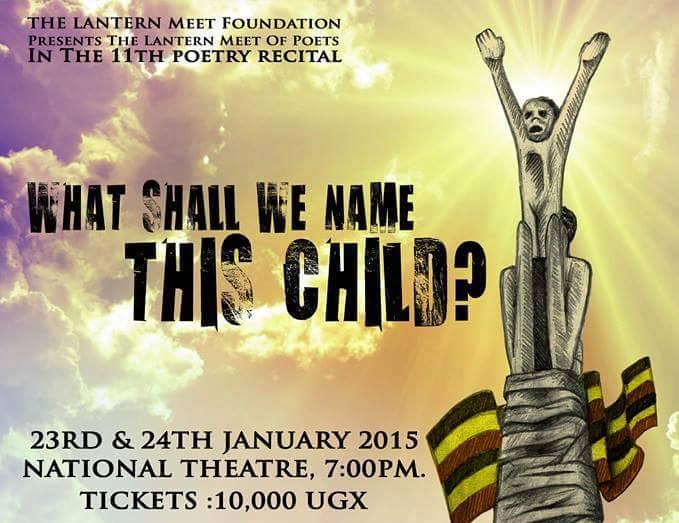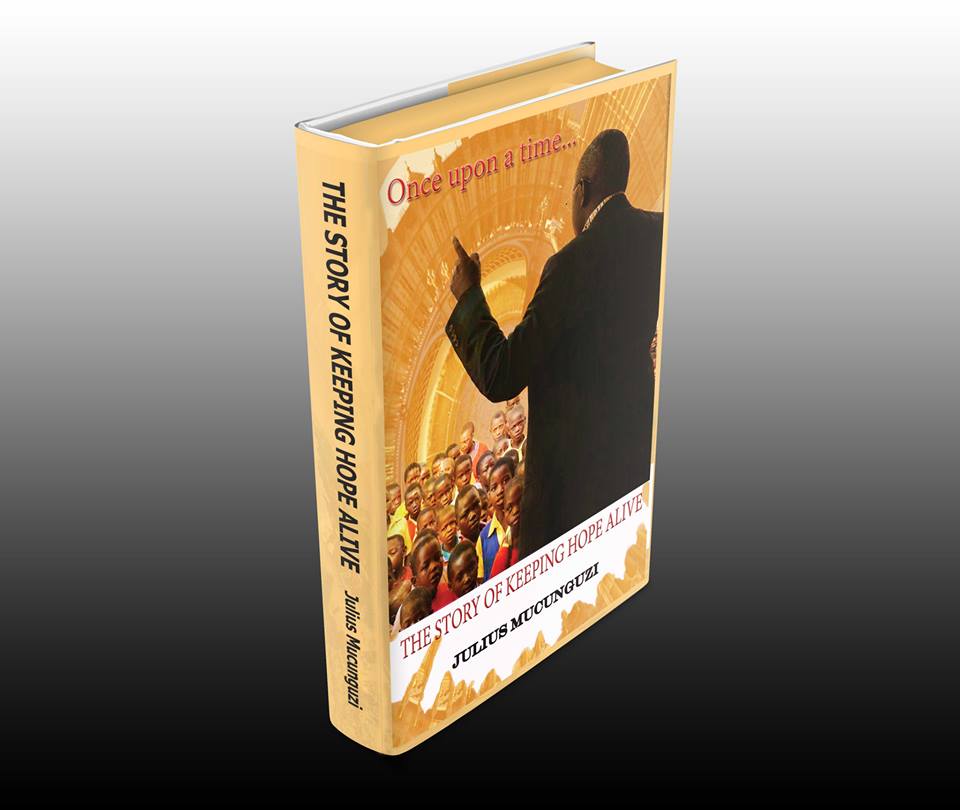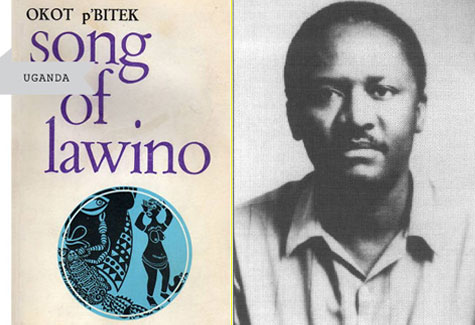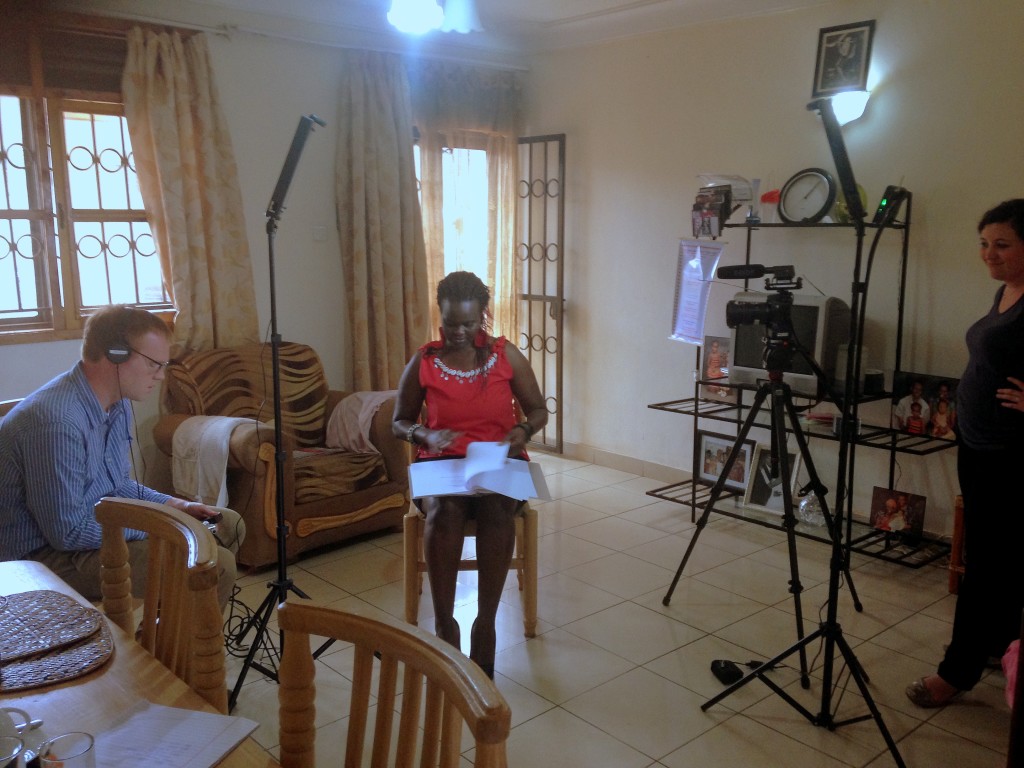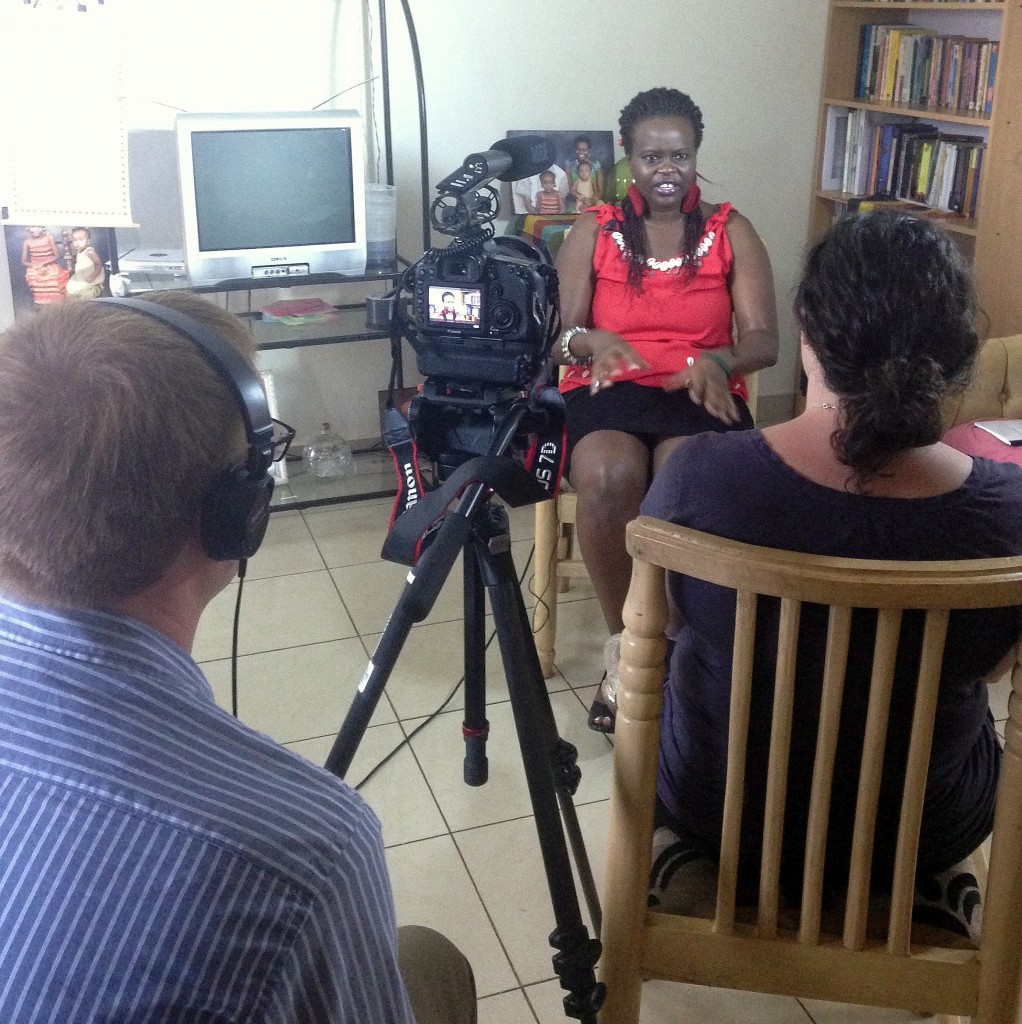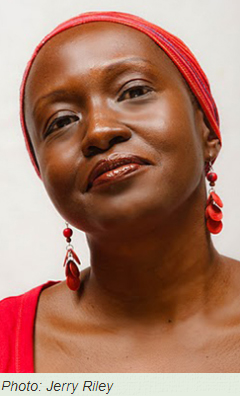 One afternoon early last year, I was looking through my email, deleting the usual spam and pseudo spam when I saw an interesting-looking one: I was being invited to be a judge of the Commonwealth Short Story Prize in 2014. To read stories and be paid for it: imagine that! Reading is what I do, even when I should be doing all sorts of other useful things, so this was the perfect assignment. I double-checked to make sure it wasn’t spam.
One afternoon early last year, I was looking through my email, deleting the usual spam and pseudo spam when I saw an interesting-looking one: I was being invited to be a judge of the Commonwealth Short Story Prize in 2014. To read stories and be paid for it: imagine that! Reading is what I do, even when I should be doing all sorts of other useful things, so this was the perfect assignment. I double-checked to make sure it wasn’t spam.
As the judge from the African region, I was to join four other judges: Marlon James from the Caribbean; Courttia Newland from the Canada/UK region; Jeet Thayil from Asia; and Michelle De Kretser from the Pacific region. The Chairperson of the judging panel was Ellah Wakatama Allfrey. You may read all about them here. All in all, I knew I was in for some great discussions and debate.
For the first time, there would be no prizes for books. Commonwealth Writers, the organisation within the Commonwealth Foundation that runs the prize, chose to focus on the short story in line with its main goal of finding and nurturing new talent across the commonwealth. I should state right away that I am not writing this blog post on behalf of Commonwealth Writers or any of my co-judges and that any opinion expressed here is entirely my own. I confess I was rather sad to see the book prizes go, as my winning the Commonwealth Prize for First Book, Africa region in 2006 gave me lots of good publicity (and a trip to Australia!). But I won’t argue the value of one sort of prize over another here; I prefer to retrace what I experienced from reading all sorts of stories from across the globe.
I got to read about 130 short stories over the first quarter of this year, dividing them up to about ten stories a week, more or less. No authors’ names were on the manuscripts, all I knew were their nationalities. The geographical expanse covered by the stories was mind boggling (and I’ve finally found an excuse to use that phrase): I read stories from Guyana to Canada to Ghana to South Africa to Kenya to Singapore to India to Fiji to New Zealand and Australia and back to Belize and beyond. What struck me most, though, was how these far-flung (to me) writers were able to wield a single tool—the English language—to fashion individual and diverse stories. They made the language their very own. We all know about the dominance of the English language globally—one could say almost half the world uses it—but there is the fact and then there me being immersed daily in multiple flavours of the language so that it was no longer a set of words that more or less originated from a small damp island somewhere, but instead was this gorgeous evidence of human creativity: the ability to take what is available and manipulate it into varied forms of beautiful expression: wild, sedate and in-between. I was reminded of what Derek Walcott said on receiving the Nobel Prize for Literature, and I paraphrase: The English language is a tool of the imagination. I’m sure this can be said of any language: it is malleable and will resist ownership. You can make it suit your needs even within the bounds of its grammatical rules. This is why poetry will not be exhausted as long as humans exist. So it’s high time we moved beyond debates of ownership and tired questions of “Why do you write in English?” Enough already.
As the Americans say, when you are given lemons, make lemonade. I say, add a dash of mango, pineapple or juju. A number of Caribbean writers took it further; they were not afraid to write their stories in Creole. It became the task of the reader to adjust, to make that mental and emotional shift into the world of the story—which is what a story should require you to do anyway—rather than the task of the writer to water down their style. It spoke to me of a certain confidence in their Caribbean identity. In a more practical way, these were dialects that any English reader could understand, as opposed to say Sheng from Kenya, which requires knowledge of Kiswahili, or the first languages of many writers from Africa and Asia. A good number of published Nigerian writers use Pidgin just as skilfully, but, for some reason, this was rare in the stories I read from Nigeria and other West African entrants. What a waste of a rich stylistic resource! For some of those stories whose language was stiff and stilted, the writers could have freed themselves by using dialect or the kind of English that is actually spoken in the stories’ locales. The attempt at some proper ‘book English’ has ruined many a good story. The stories that rose to the top from all the regions did not have this problem, of course.
Here’s another thing I observed from the weak stories: there were certain trends from region to region. The African writers loved melodrama. It was as if a story was not worth telling unless there was a grisly murder, or an abandoned child who later becomes a hero. I don’t know if it’s the influence of Nollywood or telenovelas or both. Could this be a carryover from oral traditions that emphasised action over, say, nuanced character development? Story-telling is a performance, and that is how style is infused into the action. How this can be effectively transferred to the page is our challenge. Even those of us who did not sit by the proverbial fire listening to our grandmothers’ folk tales are influenced by this millennia-old tradition, whether we like it or not.
Murders happen and children are abandoned, of course, and must be written about. The issue is not what, but how. In fact, the overall winning story, Let’s Tell This Story Properly had quite some dramatic action, but it did not come at the expense of the other basic elements of a good story: character development, style, theme. Rather, all these were deployed with finesse to form a wonderfully crafted whole. The winning story from the Canada/UK region, “Killing Time” is a fine example of how the quiet and seemingly ordinary moments of everyday life woven together with expert hands can resonate just as powerfully.
Curiously, a large number of the stories I received from India and Bangladesh had a similar theme: women’s oppression. Are there Femrite-like institutions spread across these two countries, I wondered, or is the problem so severe that writers are compelled to dwell on it? Again, I have no problem with this theme as such; in fact, I am a card-carrying feminist, who believes fiction can be used to bring attention to social issues, thus my involvement with Femrite. In any case I was not the only judge, so my personal biases, which we all have, were countered by the number and diversity of the judges. But my main concern is craft: theme should not suffocate the story or reduce it to a political pamphlet.
At the other end of the spectrum was the overly crafted story; an issue I observed mostly in the weak stories from the UK, New Zealand and Australia. This is not surprising as writers from these regions have greater access to writing classes and MFA programs. The danger here, for a writer who is not confident, is for stories to be workshopped to death as the writer over-edits the story in response to multiple comments. Either the language becomes flat in an attempt to be perfect or it is over-written, bringing attention to the writer herself rather than the story. One treads carefully here because these faults may not be as obvious as the ones I mentioned earlier. Thankfully, our discussions as a group tempered any personal bias.
Fortunately, there were more than enough stories from all the regions that impressed and astonished us as judges. There were stories that just would not leave my mind as I waded through many more. Stories that sung with originality, uniqueness of voice and language that I wanted to memorize like a poem. The challenge was selecting only one winner from each region and one overall winner. The shortlist of twenty is ultimately, for me, this year’s achievement.
Overall, this experience enlivened in me an old cliché: art is universal. In the short space a story is spun, I was able to relate to and empathise with individuals, albeit fictional, in real life and fantastical situations so different from my own. Story erased any alienating distance. In the best stories, I became the characters. We need not worry; the short story is alive and thrives and still carries meaning across the globe.
***
Read the stories of the regional winners here:
Let’s Tell This Story Properly, Jennifer Nansubuga Makumbi (Uganda)
A Day in the Death, Sara Adam Ang (Singapore)
Killing Time, Lucy Caldwell (United Kingdom)
Sending for Chantal, Maggie Harris (Guyana)
The Dog and the Sea, Lucy Treloar (Australia)
Entries for the 2015 Commonwealth Short Story Prize open on September 15, 2014. The closing date for entries is November 15, 2014.


